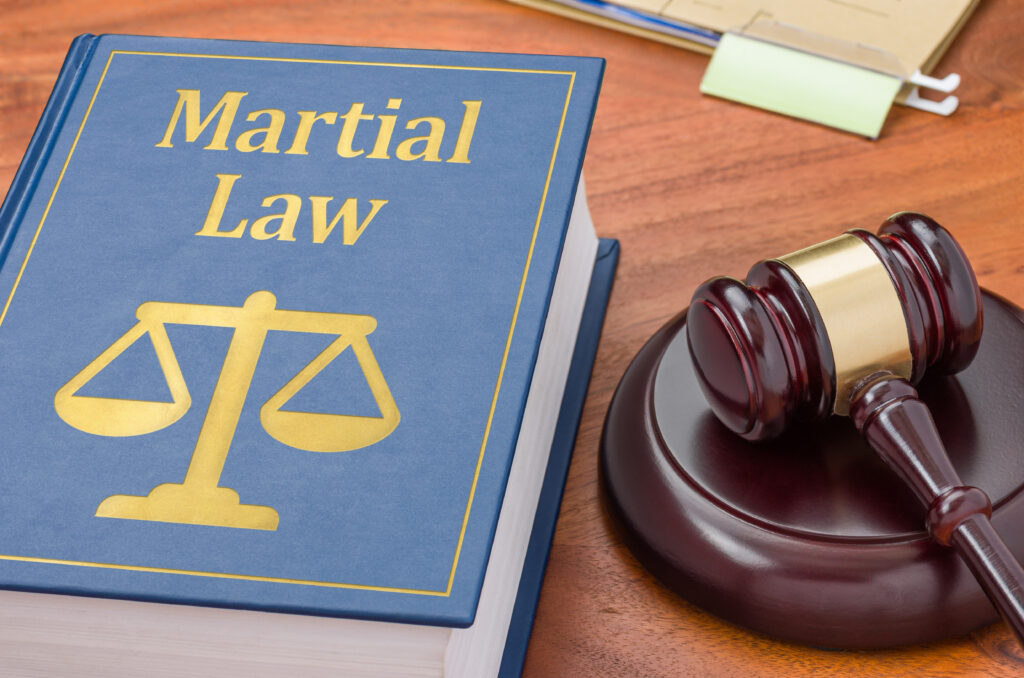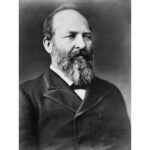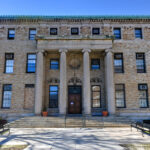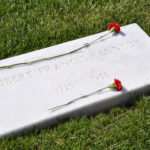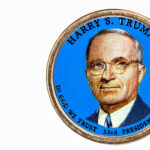In a dark chapter of Alabama’s civil rights history, Governor John Malcolm Patterson declared martial law on May 21st, 1961 under pressure from President John F. Kennedy to stop a mob of white rioters who were attacking a Montgomery church service honoring the Freedom Riders, a group of civil rights activists who rode intercity buses to try and force desegregation.
The pastor and civil rights leader Martin Luther King Jr., together with the Freedom Riders and a thousand African-American prisoners, were trapped in the church as a mob of over 3,000 white rioters broke windows, beat black citizens, and set off teargas canisters. They were only protected by a few United States Marshals who concentrated their efforts on preventing the crowd from firebombing the church, breaking in, and massacring the inhabitants. The local and state police refused to intervene.
The situation was only resolved when President Kennedy threatened to send in federal troops to quell the riot. The governor then declared martial law, blaming the Freedom Riders for the situation, and cleared out the mob.
The declaration of martial law in Alabama underscores the volatile and often violent struggle for civil rights in the United States. It serves as a stark reminder of the lengths to which Southern authorities went to maintain the status quo, even as demands for racial equality grew louder and more insistent.
Today, as we reflect on this tumultuous period, we acknowledge the resilience and bravery of those who fought for racial justice, often in the face of brutal opposition. Their struggle reminds us of the importance of continued vigilance in the fight for equality and justice.
References:
https://digital.archives.alabama.gov/digital/collection/voices/id/5382/
